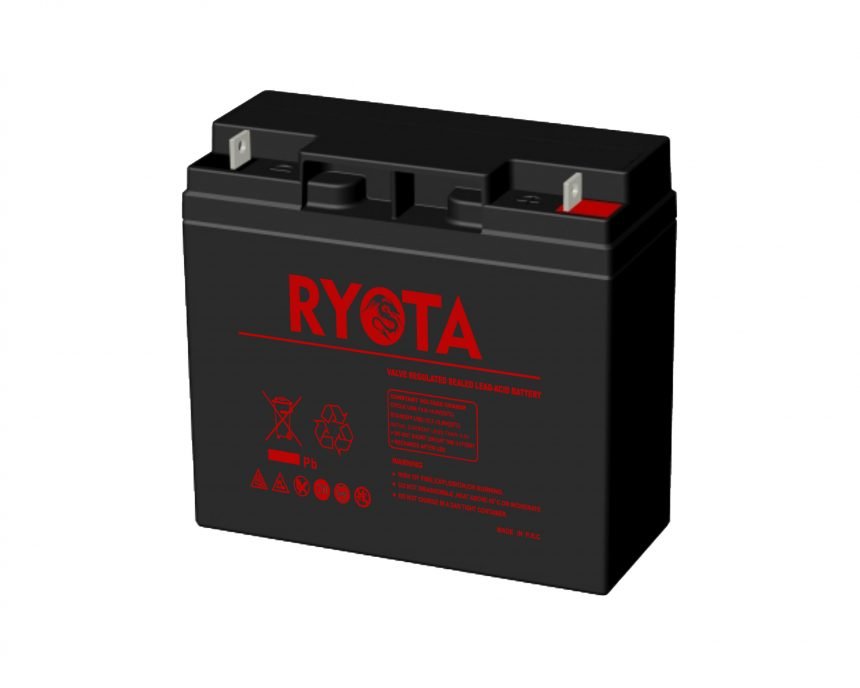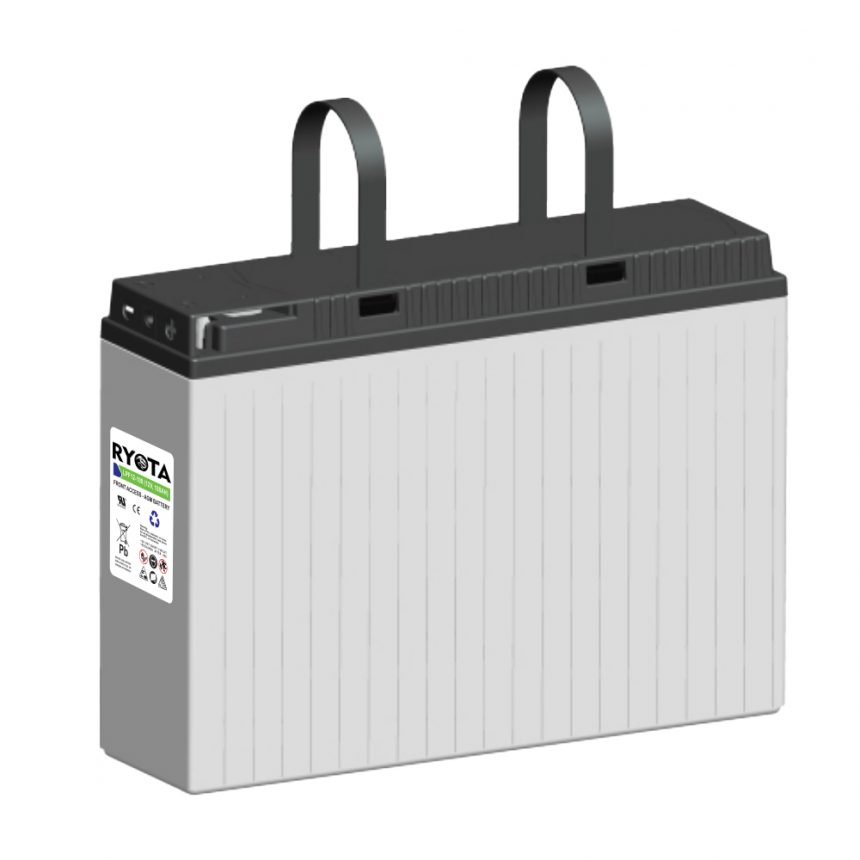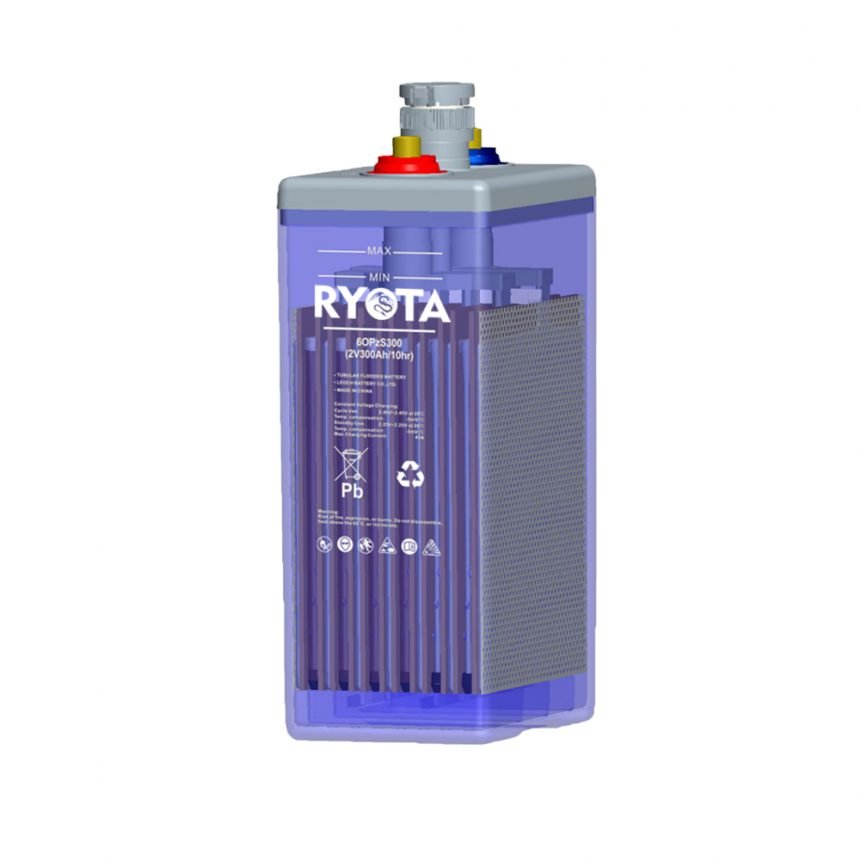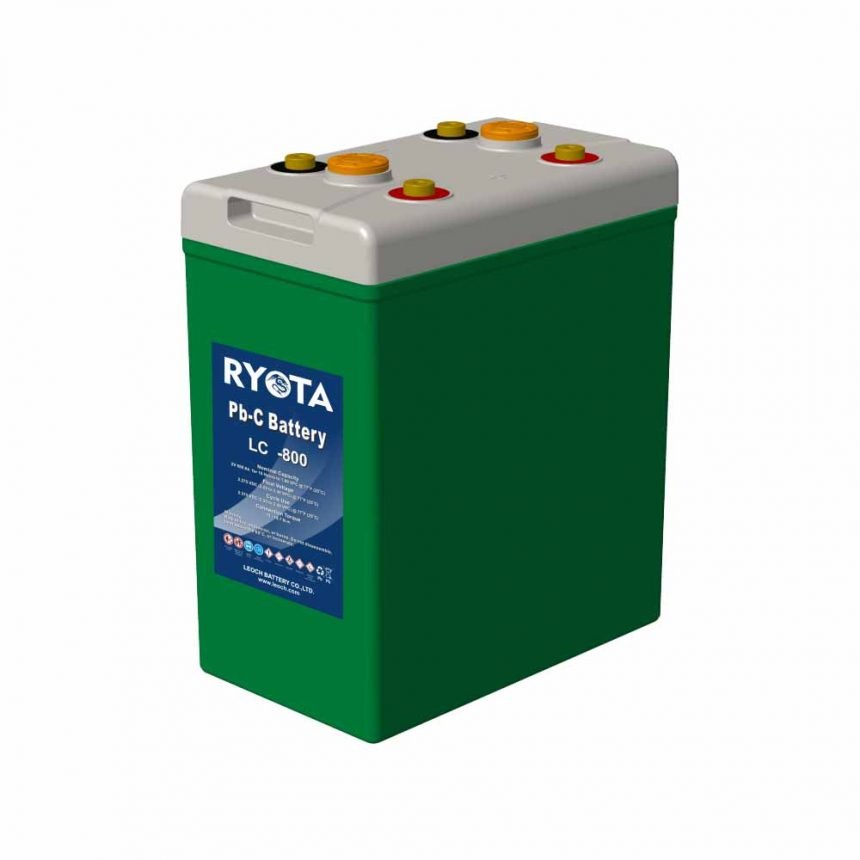
Lead Acid
A lead-acid battery is a type of rechargeable battery that uses a chemical reaction between lead dioxide (PbO₂), sponge lead (Pb), and sulfuric acid (H₂SO₄) to generate electrical energy. It is one of the oldest and most widely used types of rechargeable batteries, known for its reliability, low cost, and ability to deliver high surge currents. Lead-acid batteries are commonly used in applications such as automotive starting, lighting, and ignition (SLI), backup power systems, and renewable energy storage.
Key Features of Lead-Acid Batteries:
1. Construction: A lead-acid battery consists of lead plates (positive and negative electrodes) immersed in an electrolyte solution of sulfuric acid. The positive plate is made of lead dioxide, while the negative plate is made of sponge lead.
2. Rechargeable: These batteries can be recharged by applying an external electrical current, which reverses the chemical reaction and restores the battery's energy.
3. Voltage: Each cell in a lead-acid battery typically provides 2 volts, so a 12-volt battery consists of 6 cells connected in series.
4. Types: There are two main types of lead-acid batteries:
- Flooded (Wet): Requires regular maintenance, such as topping up with distilled water.
- Sealed (Maintenance-Free): Includes Valve-Regulated Lead-Acid (VRLA) batteries, such as AGM (Absorbed Glass Mat) and Gel batteries, which are spill-proof and require no maintenance.
RYOTA Lead-Acid Batteries:
RYOTA is a well-known brand that specializes in manufacturing high-quality lead-acid batteries. RYOTA batteries are designed to meet the demands of various applications, including automotive, industrial, and renewable energy systems. Here are some highlights of RYOTA lead-acid batteries:
1. Durability: RYOTA batteries are built to withstand harsh conditions and provide long-lasting performance.
2. Maintenance-Free: Many RYOTA batteries are sealed and maintenance-free, making them convenient for users.
3. High Performance: RYOTA batteries are engineered to deliver reliable power, even in high-demand situations.
4. Safety: With advanced safety features, such as leak-proof designs and overcharge protection, RYOTA batteries ensure safe operation.
5. Eco-Friendly: RYOTA is committed to producing environmentally friendly batteries with recyclable materials.
Applications of RYOTA Lead-Acid Batteries:
- Automotive: Used in cars, motorcycles, and trucks for starting, lighting, and ignition.
- Backup Power: Ideal for UPS (Uninterruptible Power Supply) systems and emergency power backup.
- Renewable Energy: Suitable for solar and wind energy storage systems.
- Industrial: Used in forklifts, electric vehicles, and other heavy-duty equipment.
In summary, RYOTA lead-acid batteries are a reliable and cost-effective solution for a wide range of power needs, offering durability, safety, and high performance. Whether for automotive, industrial, or renewable energy applications, RYOTA batteries are designed to meet the highest standards of quality and efficiency.






